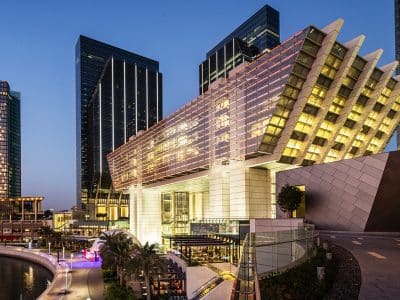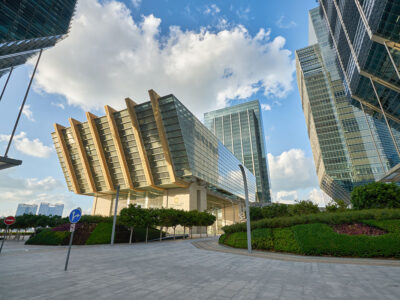The Middle East and North Africa (MENA) region is solidifying its position as a key player in the global crypto landscape, ranking as the seventh-largest market worldwide with $338.7 billion in on-chain value received between July 2023 and June 2024, according to the latest Chainalysis report.
While the region accounts for 7.5 per cent of global crypto transaction volume, countries like Saudi Arabia and the UAE are driving the market with innovative regulatory frameworks and growing adoption of decentralised finance (DeFi).
“In the UAE this trend is likely attributable to its progressive regulatory stance which has fostered clarity around specific classes of crypto participation. The UAE’s clear and collaborative regulatory approach to crypto and web3 companies has attracted a diverse range of users and solidified the UAE as a hub for DeFi and broader crypto activity,” Arushi Goel, Policy Lead for MEA at Chainalysis told Arabian Business.
UAE, Saudi Arabi lead DeFi growth
Saudi Arabia and the UAE are emerging as hotspots for DeFi activity within MENA, showing higher engagement with decentralised platforms compared to the global average.
Saudi Arabia’s young population, 63 per cent of citizens are under 30, has fueled interest in DeFi, appealing to a demographic keen to explore new financial technologies.
UAE has distinguished itself through its progressive regulatory approach, creating a clear and supportive environment for crypto and web3 companies. The country received over $30 billion in crypto between July 2023 and June 2024, marking it as MENA’s third-largest crypto economy.
The UAE’s decentralised finance sector is expanding rapidly, with DeFi transaction volumes growing by 74 per cent year-on-year, driven by Dubai’s Virtual Assets Regulatory Authority (VARA) and the broader regulatory frameworks of the Dubai International Financial Centre (DIFC) and Abu Dhabi Global Market (ADGM).
“Traditional financial institutions such as banks are actively exploring their roles within the crypto ecosystem, showcasing the growth of a crypto-TradFi nexus,” said Arushi Goel, Head of Policy for the Middle East and Africa at Chainalysis.
Turkey dominates MENA’s crypto market with stablecoins
Turkey ranks as MENA’s largest crypto market and seventh globally, with $136.8 billion in value received in the last year. The country’s high inflation rate, consistently above 50 per cent, has driven widespread adoption of stablecoins as a hedge against currency devaluation.

Stablecoins have become the asset of choice, particularly among retail users seeking a reliable store of value in a volatile economic environment.
The strong presence of local centralised exchanges (CEXs) and increasing participation from global platforms further bolster Turkey’s market. “Turkey’s crypto adoption is largely customer-driven, with estimates suggesting that 40 per cent to 50 per cent of the population is engaged in crypto,” said Francisco Maroto, Head of Blockchain at BBVA.
Local banks like Garanti BBVA are now offering crypto custody services, reflecting growing institutional interest as regulations evolve.
Saudi Arabia and Qatar: MENA’s fastest growing crypto economies
Saudi Arabia remains the fastest-growing crypto economy in MENA, expanding by 154 per cent year-on-year. The kingdom’s focus on blockchain innovation, central bank digital currencies (CBDCs), and fintech is attracting major financial institutions like Goldman Sachs and Rothschild to the region.
Qatar is close behind with a 120 per cent growth rate, driven by the Qatar Financial Centre’s new digital assets regime, which aims to establish the country as a hub for asset tokenisation and fintech innovation.
Looking ahead: MENA’s increasing influence on global crypto markets
MENA’s crypto market is poised for continued growth, underpinned by regulatory advancements and rising adoption of DeFi and stablecoins. The region’s evolving legal frameworks are critical to fostering innovation, ensuring stability, and attracting global investment.
“While DeFi adoption requires a multifaceted and nuanced discussion, a baseline driver would likely be continued regulatory clarity, particularly around anti-money laundering and counter-terrorism financing (AML/CFT) standards, and the strengthening of cybersecurity safeguards. The implementation of these standards can mitigate risks and foster greater trust in DeFi systems, making them safer for institutions and individuals to participate in, while enabling innovation,” Goel said.
As countries like Saudi Arabia and the UAE lead in decentralised finance, MENA’s role in the global crypto ecosystem is set to expand, positioning the region as a key hub for digital finance.
“Consumer safety will help maintain this balance, ensuring that both centralised and decentralised systems can thrive together,” she concluded.





